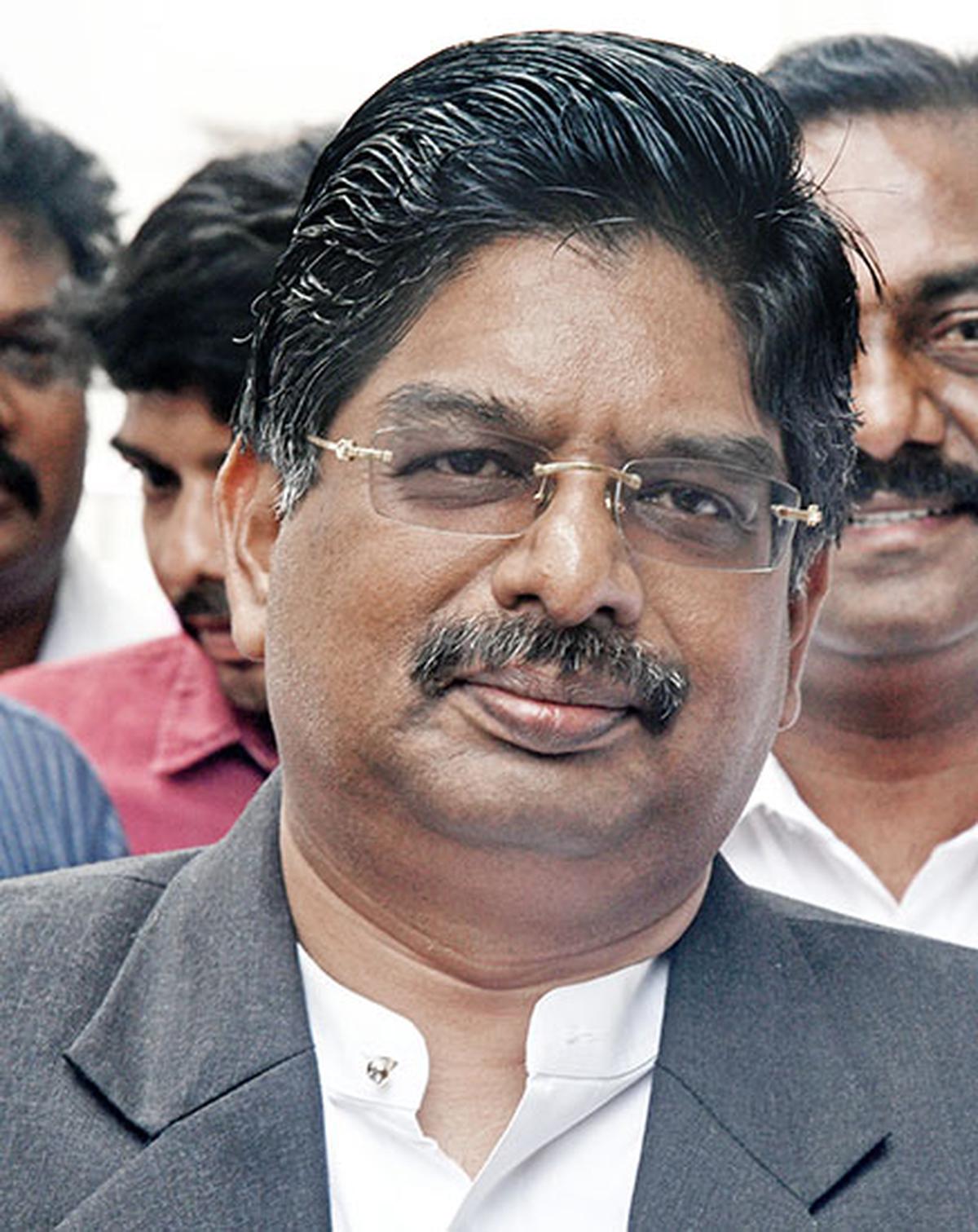2021, Appavu, P. Wilson demands time limit for governor to agree to bill

M. Appavu | Image source: A. Shaikmohideen
Chennai
In a historic move Tuesday, the Supreme Court set a maximum time limit of one to three months to get the governor’s statement to call. Interestingly, as early as 2021, Tamil Nadu Parliament Speaker M. Appavu and DMK Rajya Sabha member P. Wilson made this request to end the governor sitting on legislation passed by the House indefinitely.
Participate in 82ND In November 2021, all meetings of Indian presided over officials held by Mr. Appavu in Shimla quoted the governor sitting on the bill passed by parliament and called for a binding time frame for the Constitutional Heads of State to decide on any bill.
“When the majority passes a bill and sends consent, the governor sometimes sits on it without expressing consent or returning to the bill within an uncertain period, even if the constitution requires it to be done as soon as possible,” the spokesman said. “Even if a bill needs to be retained for the president to consider, the governor is spending several months together, thus weakening the power of the legislature.”
“The governor, although appointed by the state chief executive, was appointed by the coalition government. So when they were trapped in agreement, they actually drown the will of the people of the country. We must work together to establish a binding timeframe so that the bill must be agreed or retained to return or retain so that the president is considered by the governor.”
In Rajya Sabha
In December of that year, Mr. Wilson accepted the demand in Rajya Sabha. He called for amendment of the Constitution to determine the time limit for the governor to take action on the bill. Mr Wilson, a senior defense attorney who played a key role in the case brought by the Supreme Court, argued in the House of Lords that the Constitution should be inferred against the governor “acting within a reasonable time frame”.

P. Wilson | Image source: R. Ragu
He argued that the constitutional staff had violated the constitutional situation in performing their duties, noting that “the governor ultimately owes his representative and is responsible for his welfare, the people of the Legislature (the legislature that bears the mandate of the people).
Another aspect that Mr. Appavu emphasized at the Shimla meeting was that the President should provide reasons to refuse to agree and return to the bill passed by the General Assembly.
“When the state passes a bill that is reserved for the president to consider, if the president retains consent and returns to the bill, shouldn’t the president give reasons? How does the House know the real obstacle to pre-rejection of consent?” the Speaker asked. “The house reflects the will of the people,” he said. Therefore, rejecting a bill “is equivalent to rejecting the will of the people of the state.”
Mr Appavu believes that if the House realizes the reason, it could enact another bill to correct the shortage that led to the president’s refusal to agree.
publishing – April 9, 2025 12:25 AM IST




